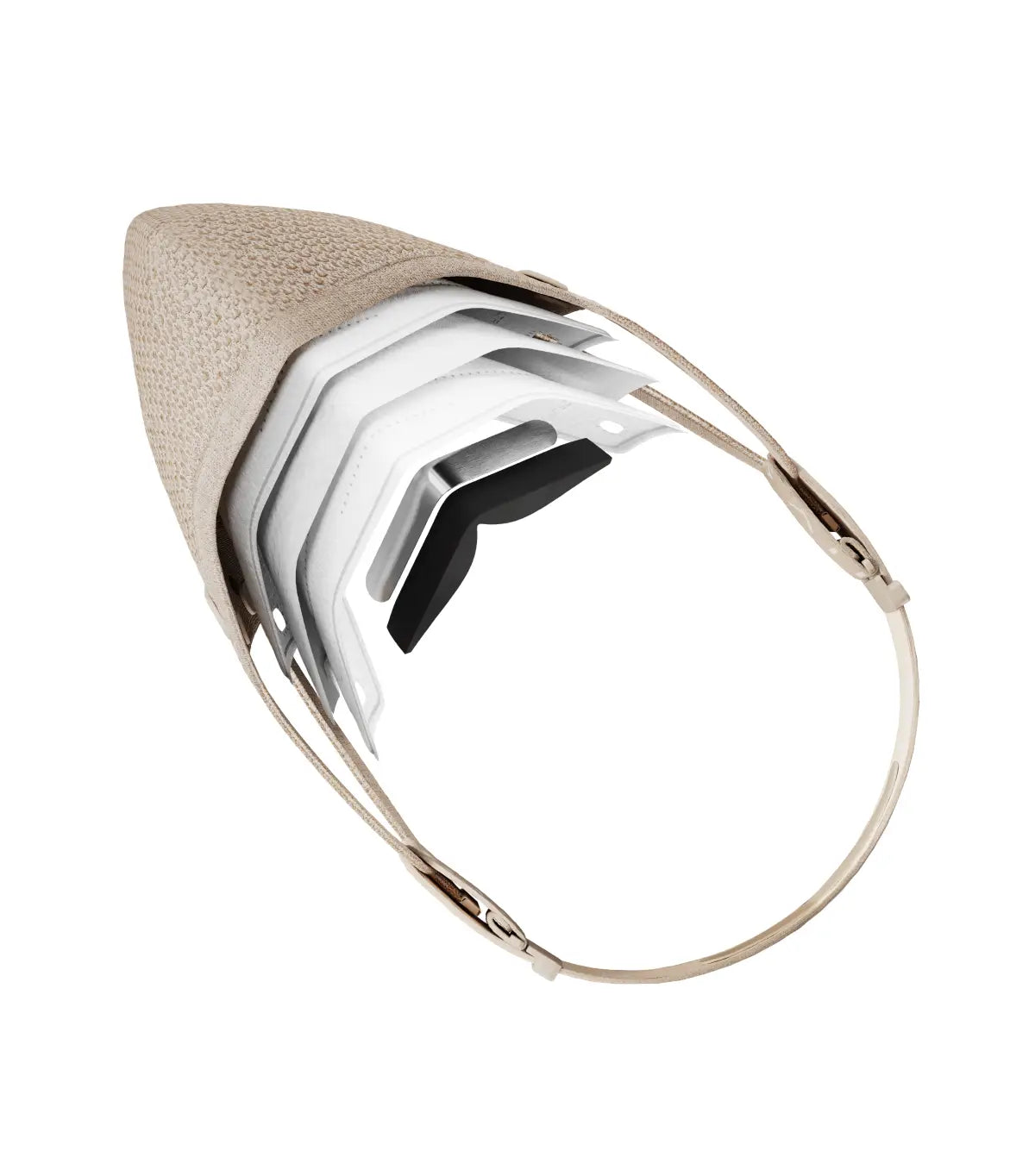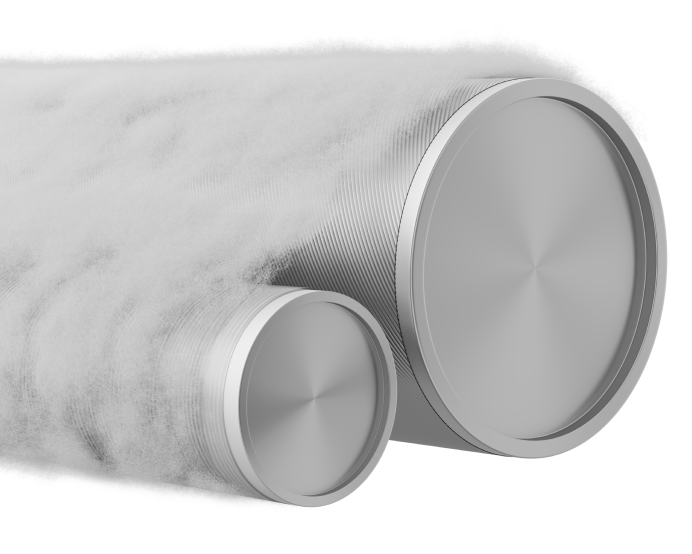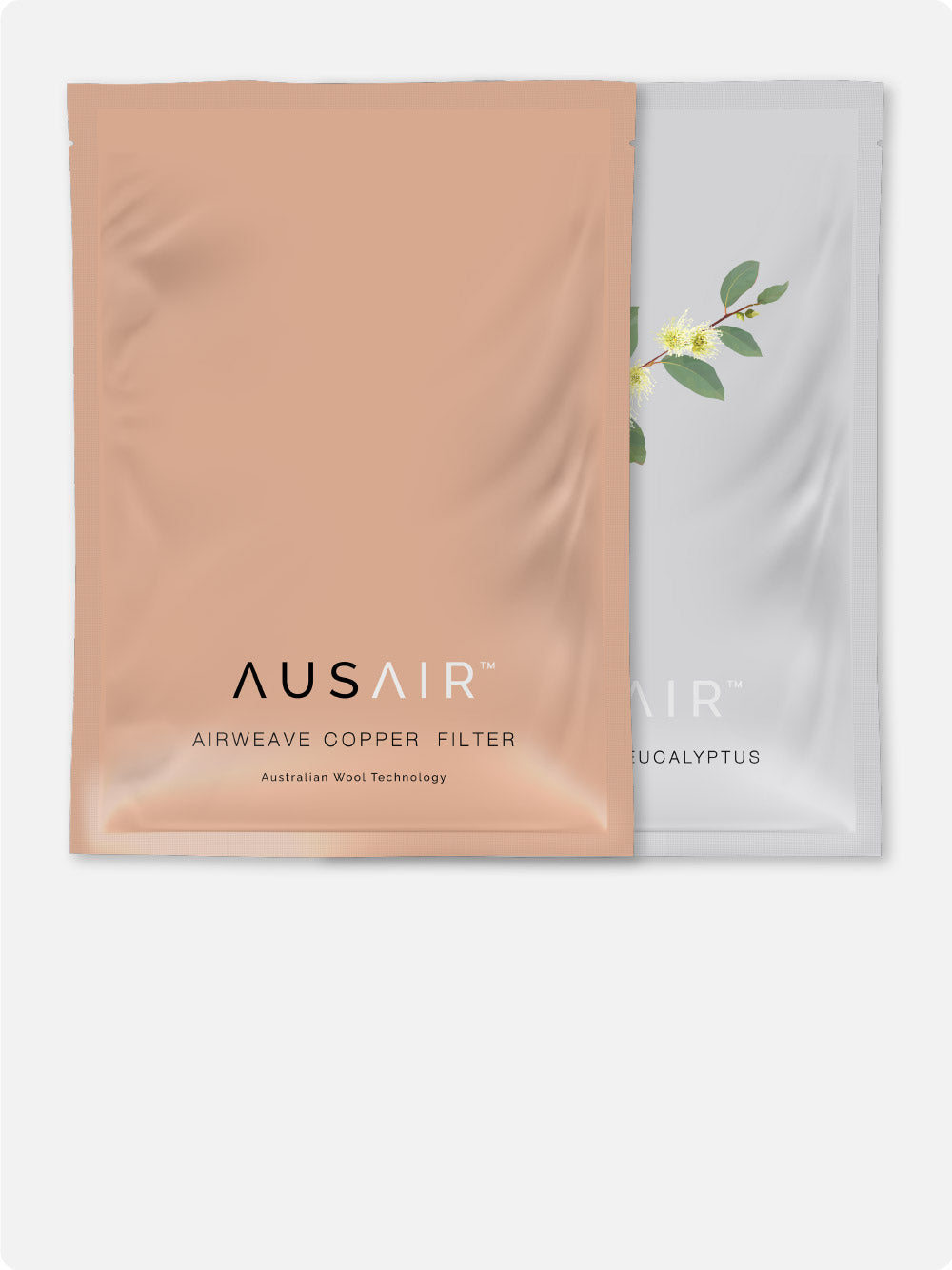NATURE’S AIR, SUSTAINABLY SOURCED
AusAir was founded in 2017 on a simple mission, that everyone deserves to breathe clean air. This was based on a realisation that air pollution is one of the most significant contributing factors to severe health problems. Since the COVID-19 outbreak, roughly 129 billion disposable face masks are being thrown into landfills every month, with the majority made from virgin plastics designed for single use. This level of consumption is unsustainable, with the waste wreaking havoc on our environment. Because of this, we refuse to provide accessories to protect against air pollution whilst consciously contributing towards waste pollution. Our aim is to create products for longevity, not landfill.
sustainably designed

Australian wool
Both the AirWeave skin and filter media utilises Merino wool that has been sourced exclusively from Australia. This reduces our reliance on petrochemical plastics.

no single use plastics
Each AirWeave and AirFlex filter is designed without any single use plastics and can be continually used for up to 20-28 days, reducing landfill waste.

REUSABLE DESIGN
All our mask skins are completely machine washable, not only are they a long term investment in your health, they are also reduce your carbon footprint.

MATERIALS SCIENCE
PERFORMANCE THAT DOESN’T COST THE EARTH
AusAir set out on a mission to create the most sustainable, reusable mask in the world whilst improving performance. The result of this project is the AirWeave Merino Mask, a high filtration mask built using sustainable and reusable materials that simultaneously increased all performance metrics relating to filtration efficiency and breathability.

THE HIDDEN COST
THE ECONOMICS OF SUSTAINABILITY
Sustainable materials can be more costly than less efficient virgin synthetics. But what is the cost of tons of plastic being dumped into the oceans every year?
Well there’s an answer, and it’s about $13 billion in economic damage to marine ecosystems every single year by plastic pollution. This includes costs such as cleaning up beaches, reduced tourism, and significant impacts on the fishing industry.
But negative externalities don’t just cost the economy and the environment, they also have impacts on people’s health.













